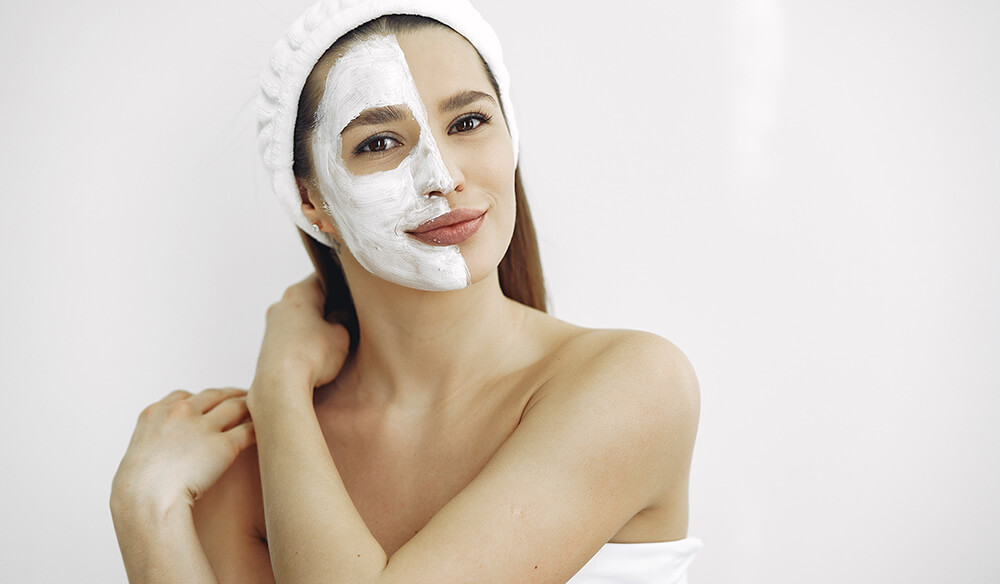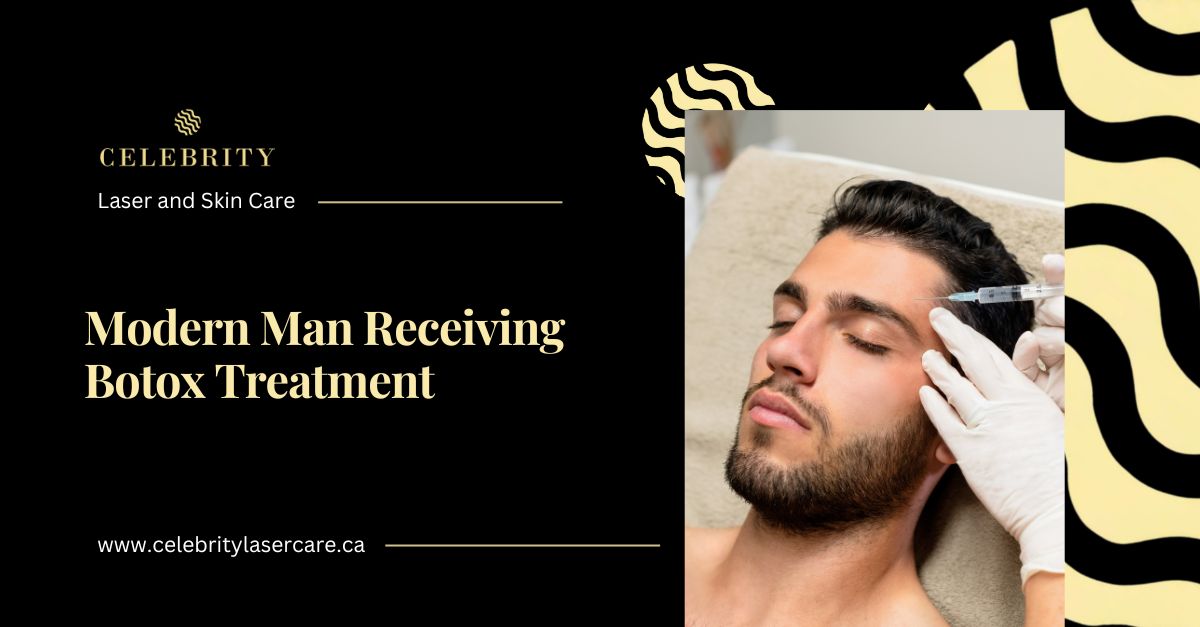A staggering number of us have freer schedules these days (thanks, ‘Rona). And while that might entail some boredom, anxiety, and Netflix binge watching, it also means we have time to dedicate to self-care. If you’ve been curious about the right method of caring for your skin, read on!
The skin is the largest organ in the body and caring for it is very important. Not to mention first impressions: every time you meet someone is another opportunity to put your best face forward. Literally. Yes, genetics do help, but glowing skin goes beyond your family tree. Everyday choices play a big part in how your skin looks and feels. With so much information out there, it can feel overwhelming to know where to start. Keep in mind your experience with caring for your skin is a personal journey. No one—not even the ‘experts’—know your skin as well as you do.
Make a daily skin-care routine
You do not have Beyoncé’s self-care resources. Whether you’re a busy parent or you spend long hours at the office, ask yourself how large a chunk of time you can reasonably spare for your new skin regimen. More products won’t necessarily mean a better result, it might just mean more steps and more time. Sometime simpler a routine is more appropriate. Your skin-care routine should ideally include three main steps:
- Cleansing — Washing your face.
- Toning — Balancing the skin.
- Moisturizing — Hydrating the skin.
Allow these three steps to become your daily ritual that fortifies your skin and grounds your day. It makes a difference how you apply your products. Think consistency if you’re ever in doubt; thinnest to thickest the general rule. (i.e. cleanser, toner, serum, and then moisturizer).

See skin care changes on skin
Be patient to see how skin-care effects your skin
Seeking an overnight fix is so 1999—it takes time for the benefits to soak in. Consistency is also important. Dr. Rachel Nazarian, a Manhattan dermatologist at Schweiger Dermatology Group, recommends using a product over six weeks, once or twice daily, to accurately make note of changes. This will vary depending on what you are hoping to achieve with your skin care routine.
Skin-care suggestions for Dry Skin
If dry skin is your main issue, seek out products that focus specifically on moisture. Dry skin can be combatted differentiating your morning and evening routines. Morning is the time for protection, such as UV blocking products, and your evening routine should focus on rejuvenation and repair. Before bed is the best time to use retinol (sensitive skin be mindful), and hydrating moisturizer.
When choosing a cleanser, look for one that hydrates rather than strips your skin of moisture.
Skin-care suggestions for oily skin
Oily skin has overactive glands, which means they produce more oil than you need. This can be genetic or the result of using the wrong skincare products. The best moisturizers for oily skin are often the ones with simple ingredients. Water-based gels often deliver adequate hydration without adding unnecessary grease or clogging pores. Retinol is prized for its ability to combat wrinkling and pigmentation, but it’s also very effective for oily skin.
In addition, using an exfoliating mask once or twice daily is a great way to maintain oil-control and give pores some deep clearing action.
What to do with Dark Spots on skin?
When deciding on serums and moisturizers for dark spots, seek out descriptors like “brightening” and “skin tone-evening.” Aim for antioxidant ingredients such as vitamin C (for the brightening properties, or niacinamide (vitamin B3) which slows pigment production.
Note: We aren’t looking for perfection—they’ve created Snapchat filters for that. The aim is for your complexion to be looking and feeling it’s best while targeting any problem areas. Now go get started on your new routine!






